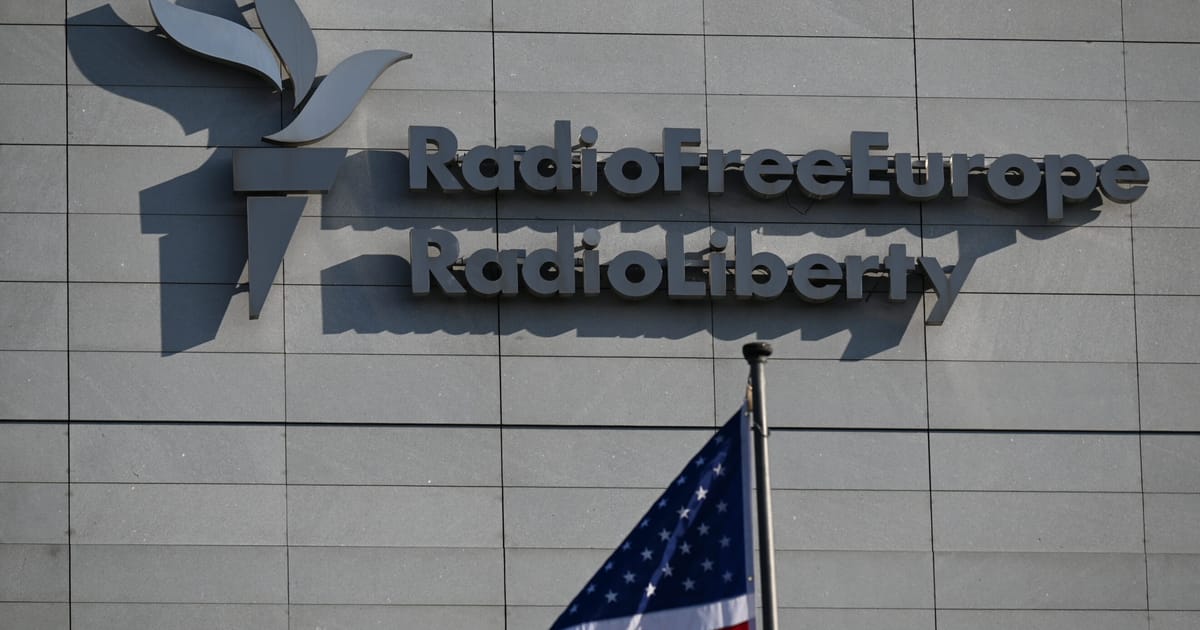

In an age marked by rapid technological advancements and shifting consumer landscapes, the global media industry faces profound transformations. One of the most significant developments is the closure of several legacy media outlets, signifying a critical juncture for news journalism worldwide. Meanwhile, in the corporate sector, significant leadership changes signal strategic pivots in industry giants, such as the recent appointment within BP. These shifts hint at broader changes in both media representation and corporate operations, each carrying implications for the future of global informational norms and energy strategies.
The recent closure of Al Jazeera in the Balkans exemplifies the precarious situation facing legacy media outlets. Al Jazeera, widely respected for its comprehensive and insightful journalism, had long served as a key source of information in the region. Its cessation reflects broader challenges confronting traditional news media, exacerbating concerns about access to reliable information in a diversifying media landscape. The closure embodies what some see as the dawn of a ‘post-journalism era,’ a time when the very role and function of journalism in society are being reexamined and redefined.
This transition, marked by economic pressures and the proliferation of digital media platforms, raises questions about the sustainability of traditional journalism models. As media outlets increasingly adapt to a digital-first approach, the focus on rapid content dissemination often overshadows in-depth reporting, potentially impacting the quality of information available to the public. This shift underscores the importance of fostering media literacy and ensuring that audiences are equipped to navigate the complex and evolving information ecosystem.
Simultaneously, the corporate world is witnessing its own set of transformative changes. BP, a leader in the energy sector, recently announced the appointment of Albert Manifold as the new chair-elect. Manifold, former CEO of the building materials company CRH, is set to steer the company through a strategic pivot back to fossil fuels, a departure from its previous net-zero ambitions. This decision marks a significant shift in BP’s operational focus, reflecting broader discussions within the energy sector about balancing immediate energy demands with long-term sustainability goals.
As Manifold prepares to assume leadership, the energy industry closely watches how BP’s strategic reorientation will unfold. On one hand, the move can be seen as a pragmatic response to current global energy needs, acknowledging the ongoing reliance on fossil fuels amid geopolitical tensions and energy security concerns. On the other hand, it poses critical questions about the pace and direction of the transition towards renewable energy sources — a priority for addressing global climate challenges in the coming decades.
These developments within the media and corporate sectors highlight the interconnected nature of global systems. As legacy media outlets adapt or shutter, the narrative and dissemination of information evolve, influencing public perception and policy. Simultaneously, corporate decisions within influential sectors like energy impact global strategies towards sustainability and climate resilience. Both realms — media and corporate — play pivotal roles in shaping informed societies and sustainable futures.
It is essential to approach these transformations with an open mind and a focus on opportunity. The closure of established media houses invites innovation and the potential to reshape journalism to better serve the needs of a digitally-savvy public. Similarly, corporate leadership changes provide a chance to recalibrate strategies that better align with evolving societal and environmental priorities. By fostering dialogue, cooperation, and adaptation, stakeholders in media and business can guide their respective fields toward more resilient and equitable futures.
As we navigate these transitions, the capacity for critical reflection and foresight will be crucial. Embracing change, while preserving core values of integrity and accountability, will ensure that both media and corporate sectors continue contributing positively to society’s broader tapestry. Ultimately, these shifts reflect not just challenges, but opportunities for growth and renewal, inviting a collective reimagining of how we engage with the world of information and industry.
Source: {link}
